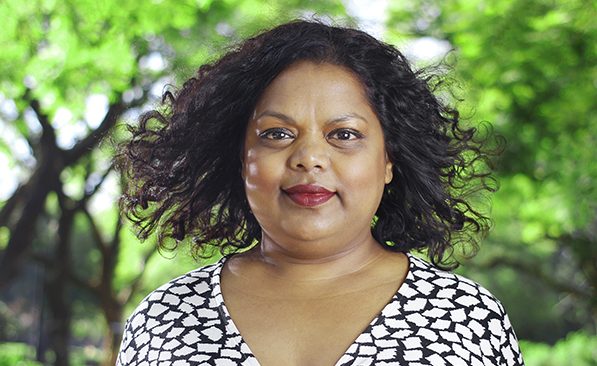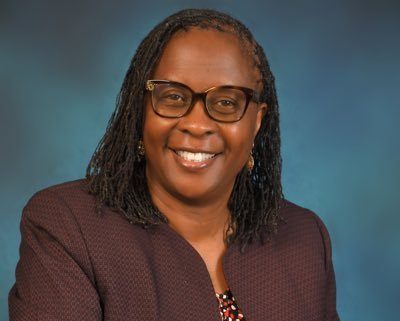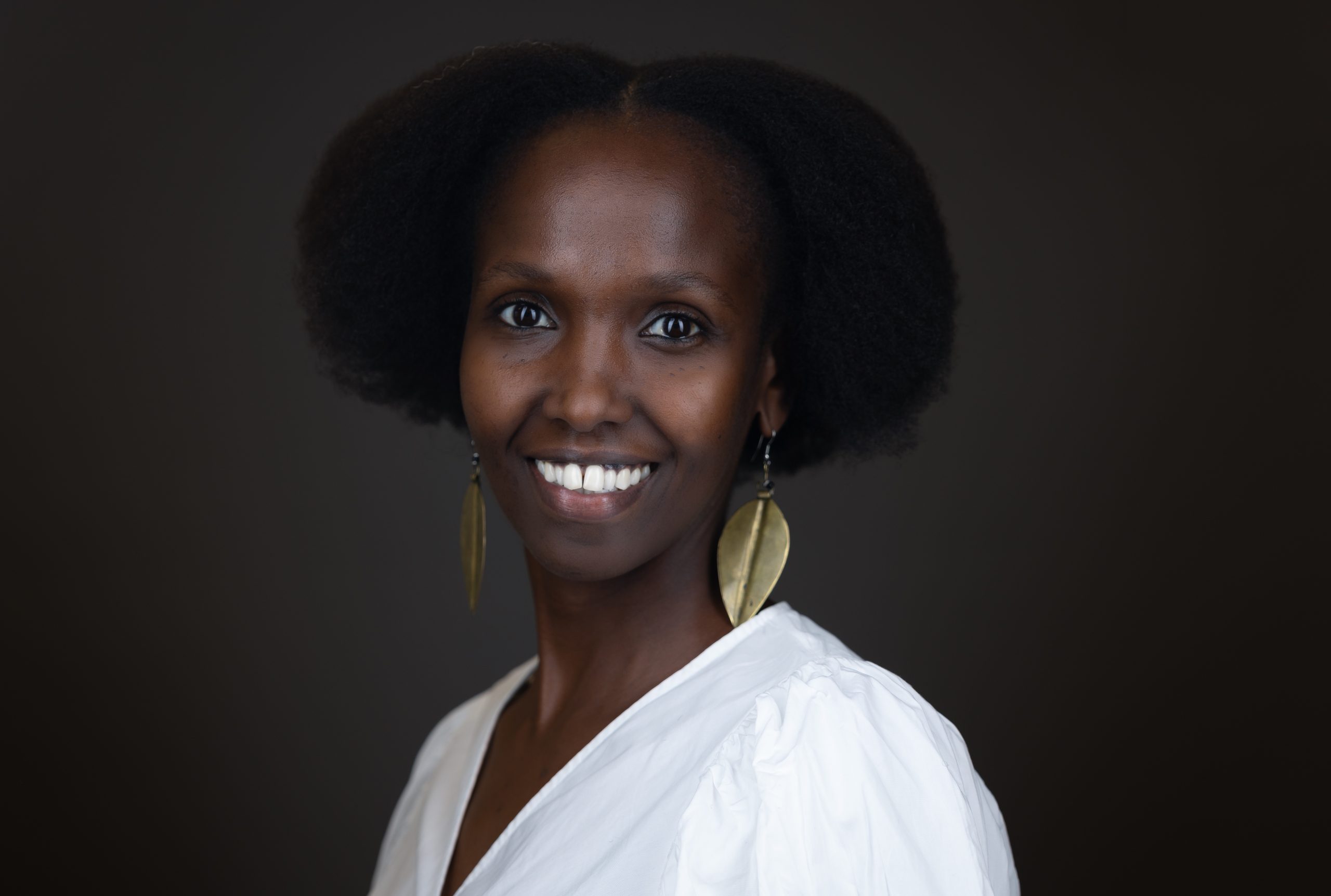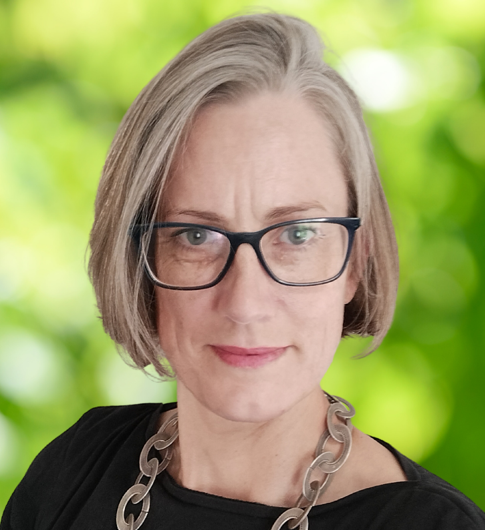This year, we have been intentional about celebrating Communications professionals across Africa via our Comms Spotlight interview feature, giving them a platform to share their experiences and career lessons. This week, we’re looking back at the first half of the year and gleaning career lessons from six inspiring professionals excelling in different industries. While some of them have niched down in industries like energy or education, others are spreading out in their Communications agencies. Catch valuable advice from these professionals in this week’s Comms Spotlight.
Kemantha Govender, Communications Manager, Wits School of Governance

What advice would you give to anyone reading this who is thinking about starting a career in Communications?
Learn yourself, then the organisation and form strategic partnerships within the organisation. Prioritise Internal Communications, if your staff are brand custodians – half your battle will be won.
As a communicator, understand the importance of confidentially. Read. Read. Read. The best advice I got as a Journalist is to understand how the economy works… if you do this, you will understand a lot.
Trust your intuition and find your voice in storytelling. Please do some career planning (also something I wish I had known a bit earlier in my career) – Communication is a field where you have to be intentional about your words and actions.
Kevin Johnson-Azuara, Chief Marketing Officer, Nigerdock

What advice would you give to younger professionals who aspire to be where you are right now?
Learn the paradoxes of life (The Growth Paradox, The Constant Change Paradox etc.) and your raison d’etre, which translates to your ‘reason for being.’
As a creative mind, you must constantly push beyond your comfort zone by seeking inspiration and motivation. Research campaigns, quickly adapt to marketing trends and apply as necessary, read extensively to expand your knowledge base, vocabulary, and comprehension of terminology. Travel to better understand other cultures and value systems, volunteer to appreciate humanity, and have dialogues with your mentors often for varying perspectives.
All of this will significantly impact your approach to work, and your colleagues may use terms such as ‘early adopter’ or ‘change agent’ to define you, but as exponential opportunities collide with your invaluable experiences, always remember that your success is more about the valleys you overcome than the peaks you attain.
Emma Wenani, Chief Director, Global Media Alliance

What advice will you give your younger professional self?
If I had to offer my younger self some advice, here are a few things I would say to her:
- Embrace Continuous Learning- Always be curious and open to learning. The professional landscape is dynamic, and staying informed about industry trends, emerging technologies, and new methodologies will keep you relevant and adaptable.
- Build a Strong Network- Cultivate relationships with colleagues, mentors, and professionals in your industry. Networking can open up opportunities and provide guidance that contribute to personal and professional growth.
- Develop a Personal Brand- Clearly define your skills, strengths, and unique qualities. Building a personal brand can help you stand out in your field and communicate your value to others.
- Balance Confidence with Humility – Believe in your abilities, but also recognize that there is always more to learn.
- PrioritiSe Work-Life Balance- It’s crucial to maintain a healthy balance between work and personal life. Understand your limits, set boundaries, and prioritise self-care to avoid burnout.
- Take Risks- Don’t be afraid to step out of your comfort zone. Taking calculated risks can lead to new opportunities and personal growth. Evaluate risks, make informed decisions, and be prepared to learn from the outcomes.
Kentice Tikolo, Managing Director, Cause Impact Limited

What advice would you offer young professionals who want to follow your path?
It is important to recognise and embrace PR and Communication Management as a true profession. It’s not just about being creative; it’s about being strategic and is best practised when we pitch it at the strategic level.
Equip yourself with the right tools to deliver high-quality services for your clients – and this is best done by delving into theoretical as well as creative realms. Keep learning from both academics and real-world experiences and never stop striving for excellence.
Chris Wangalwa, Director, Africa Strategic Communication Hub

Can you share some lessons and ideals that have shaped you into the professional that you are today?
- It doesn’t matter how old one is. If you are meant for it, you are.
- You can only get better by translating curiosity into action. When you do the same thing forever, that’s stagnation, not experience.
- Take a course in another industry. That way you get to see your career from a different perspective.
- Leave that desk. Go meet people. That’s how you learn. That’s how you grow.
- Break the norms; do not be afraid to burn your fingers.
- Ask, and it will be given to you; seek, and you will find; knock, and the door will be opened to you. But you have to put in the work first.
Tunbosun Afolayan, Co-Founder, Pro Ally

What practical tips can you share with professionals who want to transition to the Communications industry from other fields?
First, if you are considering a transition, you need to have a champion mindset. Second, if you have transitioned, you are a champion. Career transition is for champions and highly self-aware professionals.
Practical tips will include the listed steps above and these:
- Embrace the opportunity to start afresh. Stay true to self and accept your known and unknown blind spots.
- Don’t miss solidifying your foundational skills because you are comfortable with your transferable skills.
- Be actively vulnerable in your community of practice and don’t hesitate to seek help. Start with envisioning the future you want to step into. I consider imagining and describing yourself in the new career path a good exercise (this takes a lot of practice, and may never appear perfect, but keep at it). Doing this early helps one maintain a clear focus on the expected learnings, and competency gaps to close, and makes your goal more tangible.
- I would advise that you join IABC and The Comms Avenue, and If you are transitioning into the Energy Communication space, then it’s got to be with PRO ALLY.





